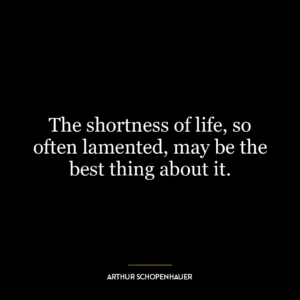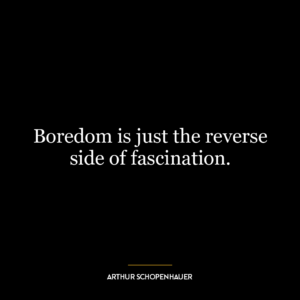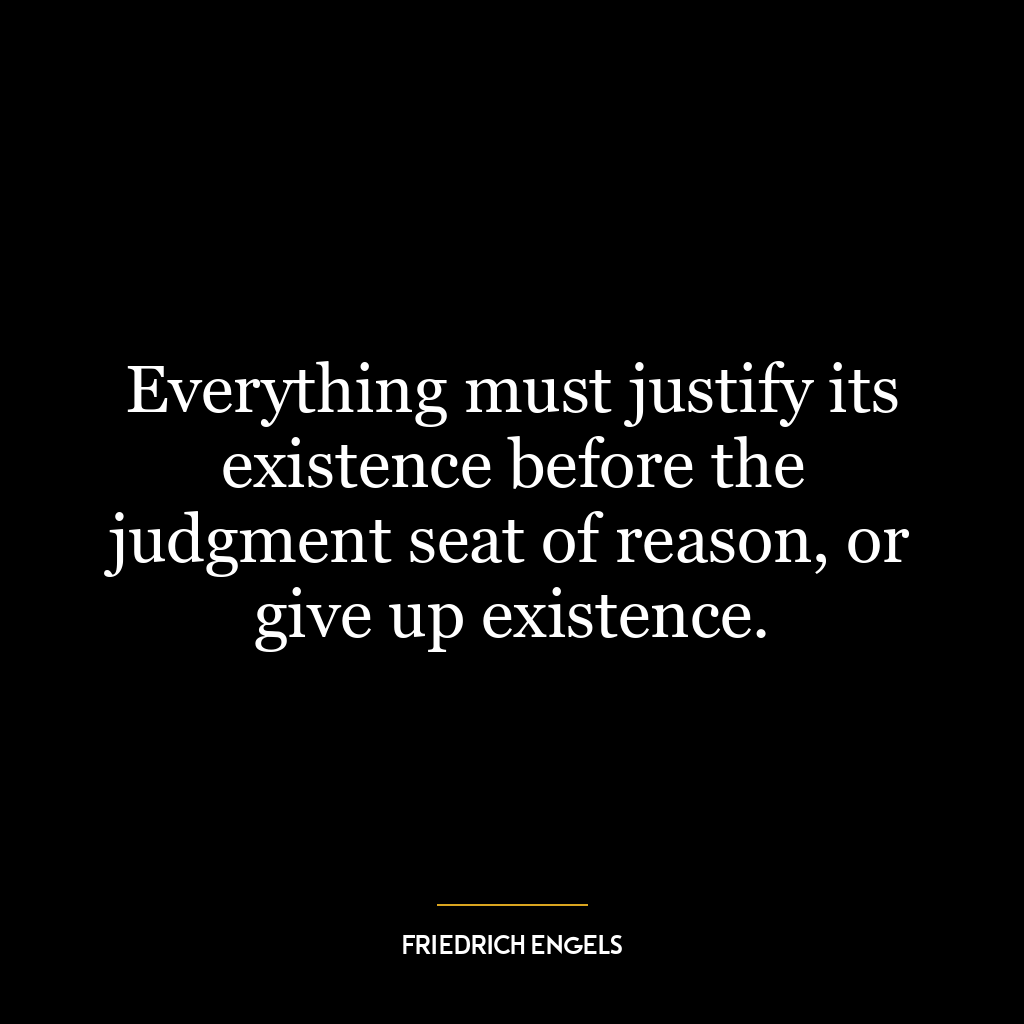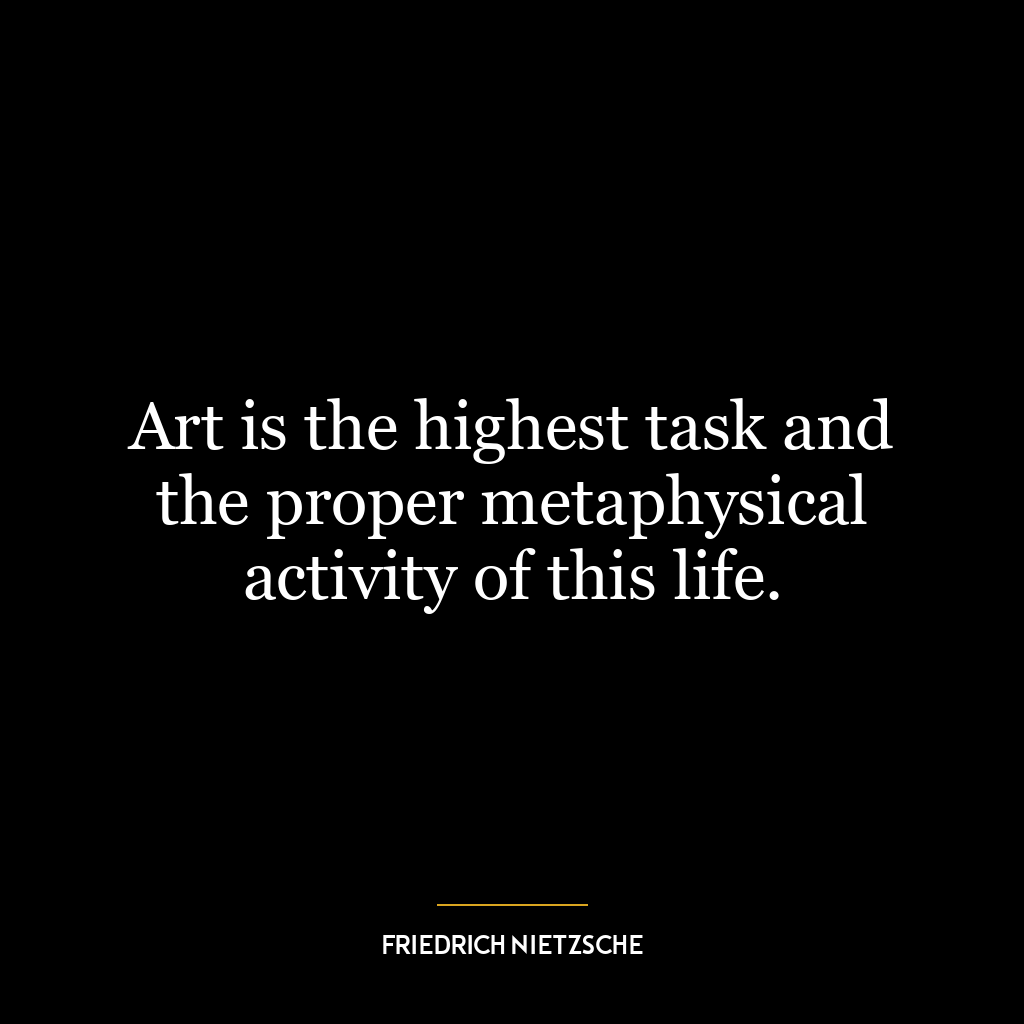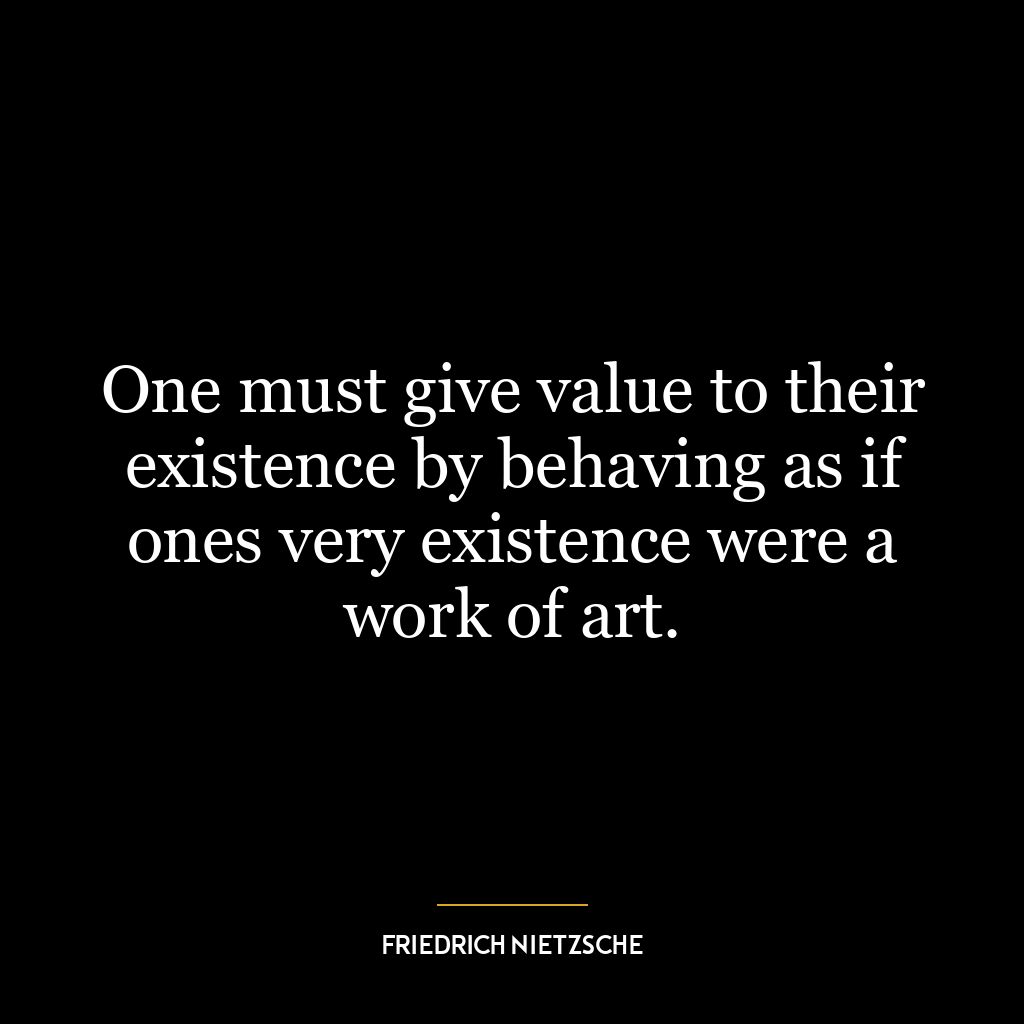After your death you will be what you were before your birth.
This quote, “After your death you will be what you were before your birth,” is a profound philosophical statement that addresses the concept of existence, non-existence, and the cyclical nature of life and death. It suggests that our state of being before we were born is the same state we return to after we die. Essentially, it’s a return to non-existence or a state of nothingness.
This concept is not unfamiliar in many spiritual and philosophical traditions. For instance, in Buddhism, there is the belief in the cycle of birth, death, and rebirth, known as Samsara. This cycle continues until one achieves Nirvana – a state of liberation and freedom from suffering. In this context, Schopenhauer’s quote could be interpreted as a commentary on this cycle, suggesting that after death, we return to the same state we were in before birth, ready to start the cycle anew.
In terms of personal development and application in today’s world, this quote can offer a perspective shift towards life and death, and our existence in general. It can help us understand that life and death are just different states of being, and neither should be feared. This understanding can lead to a more peaceful acceptance of our mortality, reduce the fear of death, and allow us to live more fully in the present.
Moreover, it can prompt us to reflect on our life’s purpose and the legacy we want to leave behind. If we consider that we return to a state of non-existence after death, it might motivate us to make our existence meaningful, to contribute positively to the world, and to leave it better than we found it.
It can also encourage us to live more sustainably and with respect for the cyclical nature of life. If we view life and death as a cycle, similar to the natural cycles we see in nature, it could inspire more respect for these processes and a desire to live in harmony with them. This could mean living more sustainably, respecting the environment, and considering the impact of our actions on future generations.






